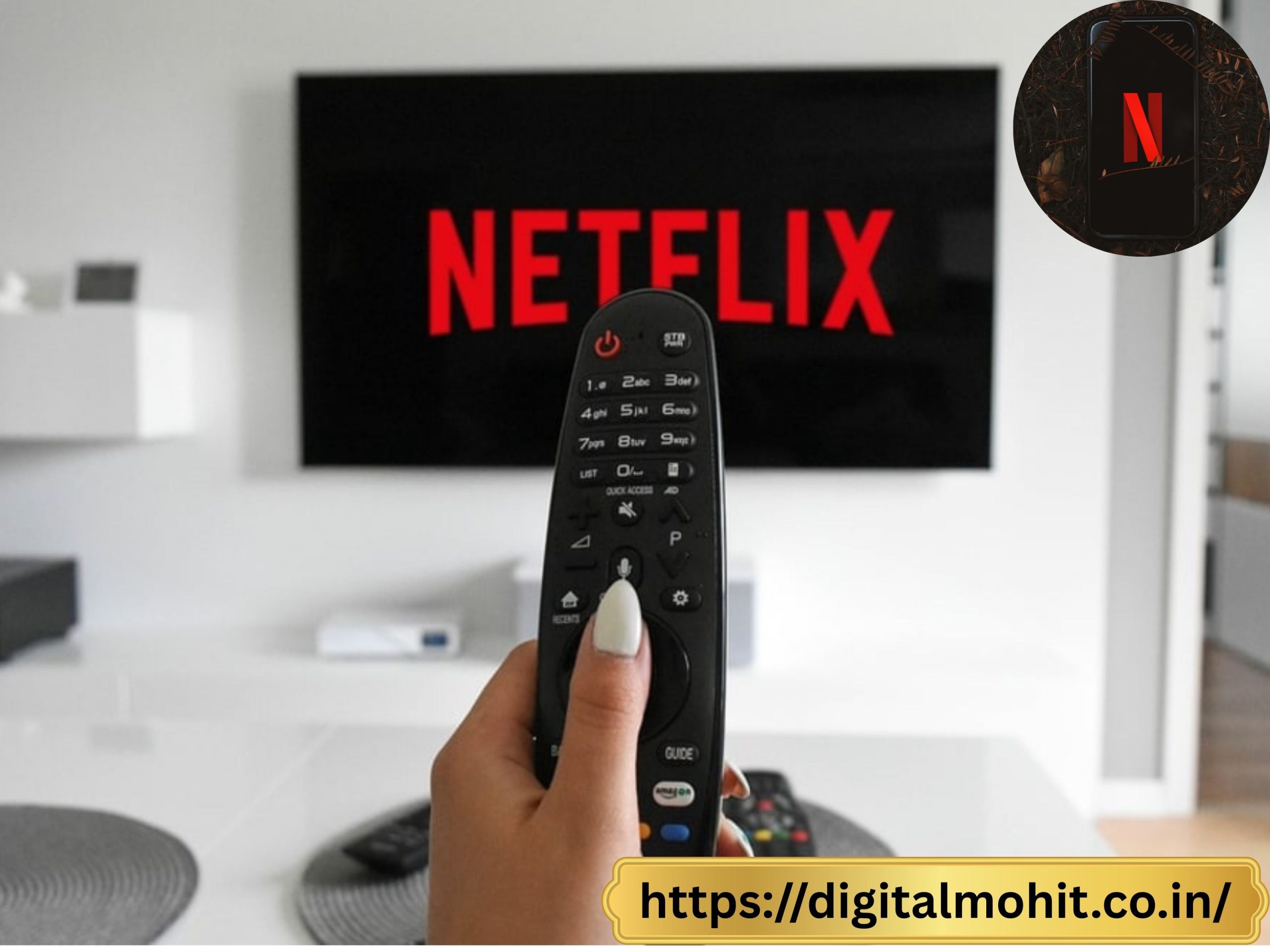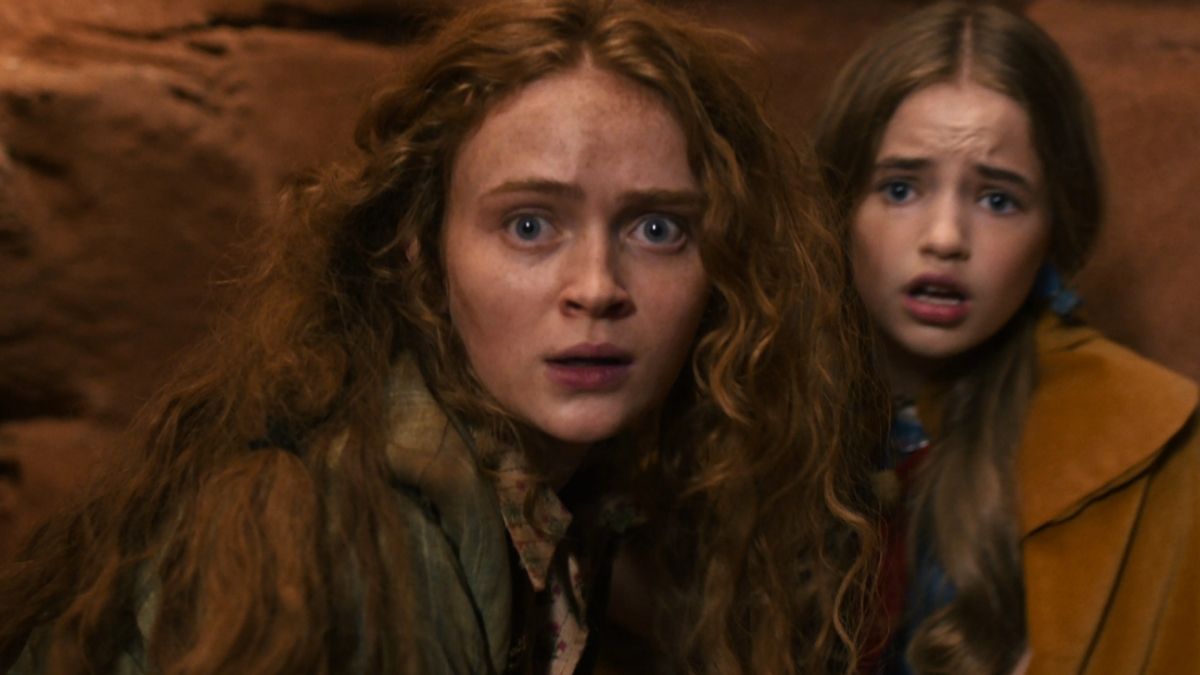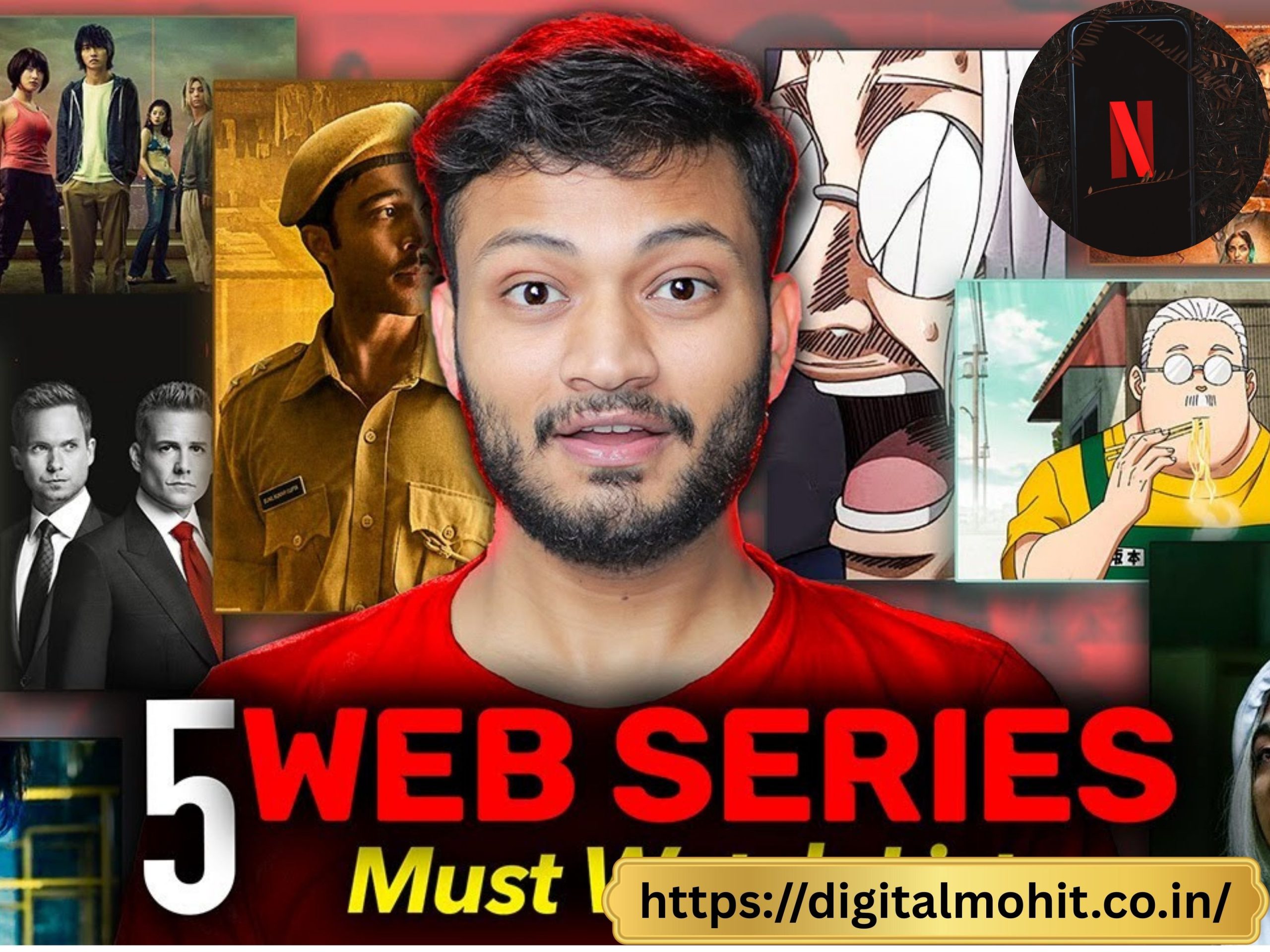In the last decade, the way we consume content has dramatically shifted. Gone are the days when TV web series schedules and cable networks dictated our entertainment choices. In their place, web series—episodic content made primarily for online platforms—have emerged as powerful cultural artifacts that not only entertain but also influence societal norms, attitudes, and conversations. From Netflix and Amazon Prime to YouTube and independent creators on Instagram, web series have transformed storytelling into a global, democratized experience.
But beyond binge-watching and watercooler talk, these digital series have become reflections of who we are as a society—and who we aspire to be. Let’s explore the cultural impact of web series and why they matter more than ever.
Learn More :- https://Best Web Series You Shouldn’t Miss in 2025
1. Democratization of Storytelling
Perhaps the most radical shift brought about by web series is accessibility—not just for viewers, but for creators. For most of modern media history, storytelling has been tightly controlled—by studios, networks, and a select group of decision-makers who acted as gatekeepers. If you didn’t fit a specific mold or have the right connections, your story simply wouldn’t be told.
That reality has changed. Welcome to the age of digital democratization, where platforms like YouTube, TikTok, Instagram, and streaming services have broken the walls around storytelling. Today, anyone with a smartphone and a story has a global stage.
Anyone Can Be a Creator
Platforms like YouTube, Vimeo, and social media have enabled independent voices to share their stories without needing massive production budgets or approval from studio gatekeepers. This has led to a surge in diverse perspectives—from LGBTQ+ narratives to stories rooted in regional or minority cultures.
Example:
“Brown Girls,” a web series about the friendship between a queer Pakistani writer and a Black musician in Chicago, gained massive traction and was eventually picked up by HBO. It showed that real, nuanced representation resonates with audiences.
2. Global Perspectives on a Local Screen
With subtitles and dubbing, web series cross linguistic and cultural borders like never before. There was a time when turning on your TV meant watching only local news, national sitcoms, or the same Hollywood blockbusters. Foreign content was rare, dubbed poorly, and often treated as niche or “too different” to be understood.
Fast forward to today: a teenager in Nairobi is hooked on a K-drama from Seoul, a middle-aged viewer in Berlin can’t stop talking about a telenovela from Colombia, and a college student in Mumbai is dissecting fan theories from a French thriller on Netflix.
This isn’t just a trend—it’s a transformation. Thanks to streaming platforms and digital storytelling, we’re now experiencing global perspectives through local screens like never before.
From Seoul to São Paulo
Korean dramas, Spanish thrillers like “Money Heist,” and Indian series like “Made in Heaven” have found audiences around the world. These shows offer windows into different societies while also highlighting universal human emotions like love, betrayal, ambition, and loss.
This cross-cultural accessibility is quietly building empathy and breaking stereotypes—making global citizens out of everyday viewers.
3. Shaping Conversations Around Identity & Inclusion
Many web series have tackled identity politics, gender fluidity, mental health, and systemic inequality in ways that traditional television wouldn’t risk. For generations, media has had the power to influence how we see ourselves—and how we see each other. But for far too long, the stories that dominated screens were filtered through narrow lenses: white, male, straight, able-bodied, and often Western.
That’s changing. And it’s changing fast.
Representation Matters
Sex Education explores sexual identity and inclusivity without resorting to clichés. Euphoria pushes the boundaries of mental health awareness and Gen Z struggles with unfiltered honesty. Shows like these offer validation to marginalized communities and challenge social stigmas.
Why It Matters:
Media isn’t just a mirror; it’s a megaphone. When web series prioritize authenticity, they shape public discourse and influence policies, especially among younger, more media-savvy audiences.
4. Sparking Dialogue, Not Just Drama
Unlike traditional broadcast shows, web series often provoke critical thinking and discussion, particularly on platforms like Reddit, Twitter, and TikTok. Let’s face it—drama has always been the hook. Whether it’s a love triangle, a twist ending, or a scandalous betrayal, dramatic tension is what keeps us binge-watching episode after episode. But in today’s digital era, audiences are craving more than just thrills and cliffhangers. They want substance.
Enter the modern web series: a format that’s not just built to entertain, but to engage.
To spark dialogue, not just drama.
To start conversations that matter.
From mental health to identity, social justice to climate change, today’s web storytellers are weaving critical conversations into binge-worthy narratives—and viewers are responding with thought, empathy, and action.
The Rise of “Think Pieces”
Take “Black Mirror”—each episode acts as a self-contained moral and technological thought experiment. Viewers don’t just watch; they analyze, debate, and theorize, creating vibrant digital communities that deepen cultural engagement.
This layered content encourages audiences to not just consume but to contemplate, fostering a more reflective viewer culture.
5. Cultural Experimentation & Risk-Taking
Because they don’t rely on big advertisers or broadcast ratings, web series have the freedom to experiment—in format, length, theme, and structure. In the world of traditional media, playing it safe has long been the default. Stories are streamlined, formulas are followed, and content is crafted to appeal to the broadest possible audience. But the rise of web series has sparked a creative rebellion—one that thrives on cultural experimentation, bold ideas, and fearless risk-taking.
Nonlinear Narratives & Creative Freedom
Shows like “Russian Doll” or “Dark” challenge traditional narrative arcs with time loops, multiverses, and metaphysical quandaries. This willingness to take creative risks elevates the web series format into a space of artistic innovation, pushing the boundaries of what storytelling can achieve.
6. Web Series as Social Archives
Web series don’t just reflect culture—they document it. Years from now, we will look back at these shows to understand the spirit of our times. We often think of archives as dusty boxes in libraries or cold files on hard drives—full of photographs, letters, and historical data. But in today’s digital era, some of the most powerful archives aren’t behind locked doors. They’re streaming online, in plain sight.
They’re called web series—and they’re quietly becoming the cultural record of our times.
In a world of social upheaval, identity shifts, climate urgency, and global connectivity, web series do more than entertain. They document how we live, feel, resist, and hope. They capture the conversations we’re having, the tensions we’re living through, and the futures we’re trying to build.
Capturing the Zeitgeist
Series like “Master of None,” “Atlanta,” and “The Good Place” capture the millennial and Gen Z ethos—navigating identity, race, and morality in the age of social media, cancel culture, and global crises.
They are living archives of the anxieties, dreams, and contradictions of contemporary life.
7. Influencing the Industry at Large
What begins in a web series often ends up reshaping mainstream media. Once considered fringe content—scrappy, low-budget, and niche—web series have evolved into one of the most dynamic forces in global entertainment. What started as a digital playground for indie creators is now an engine of innovation, influencing everything from how stories are told to how audiences engage with content.
Today, web series don’t just sit outside the industry. They’re shaping it from the inside out.
From Netflix to network TV, from Hollywood to Bollywood, the ripple effects of the web series revolution are undeniable. Let’s explore how this once-underdog format is now redefining what entertainment means—for creators, studios, and audiences alike.
From Indie to Emmy
Broad City, High Maintenance, and Insecure all started as web series before being picked up by major networks. This shows the pipeline potential from grassroots creativity to industry-wide recognition.
Big studios are now investing heavily in digital content, recognizing that the future of storytelling is on-demand, boundary-pushing, and deeply personal.
Final Thoughts: Why It All Matters
Web series are more than just entertainment. They are cultural forces shaping the way we see the world, talk about issues, and imagine the future. In a fragmented, fast-moving media landscape, web series offer authenticity, experimentation, and connection.
They aren’t just changing what we watch.
They’re changing who we are.








Leave a Reply